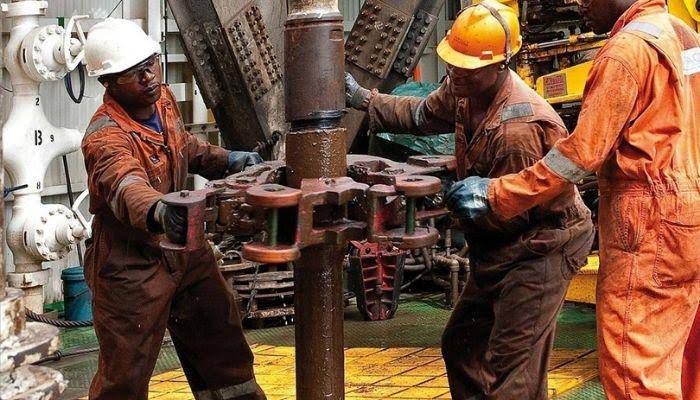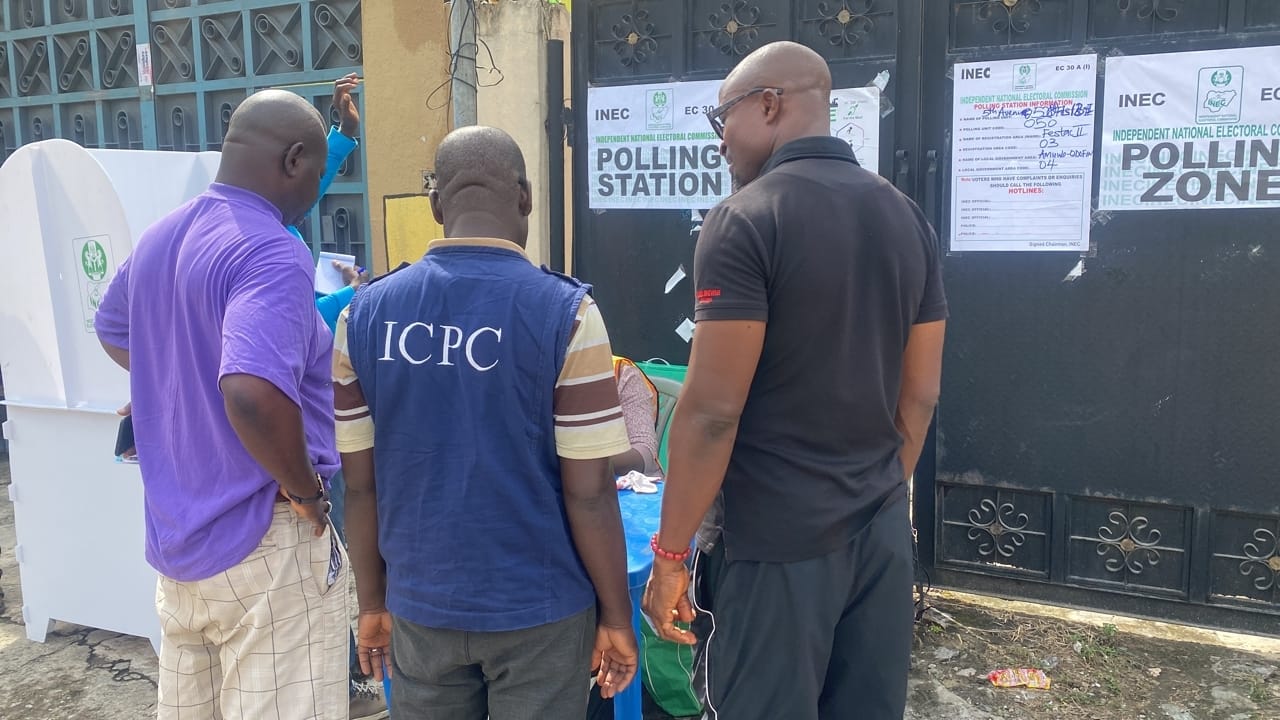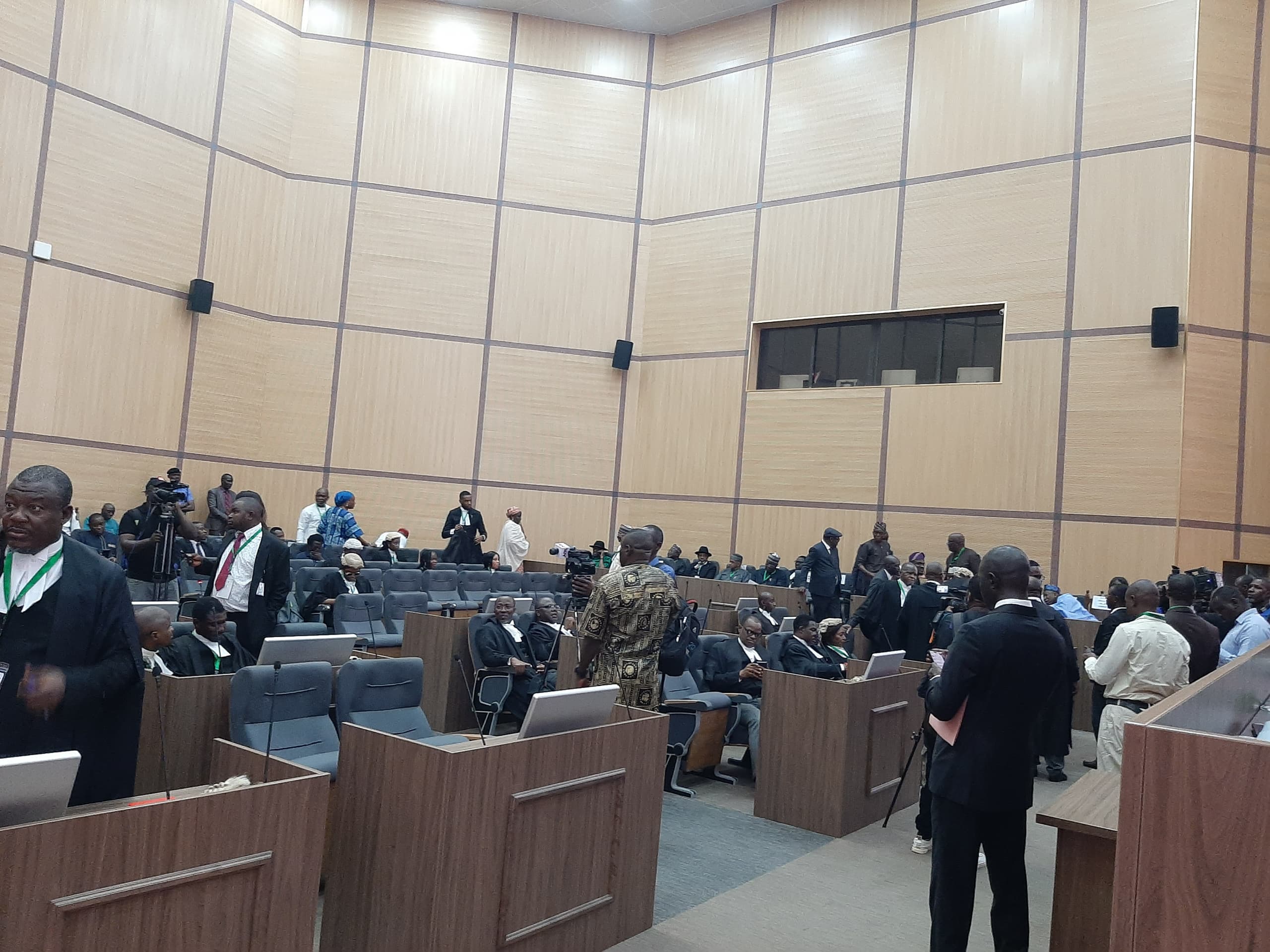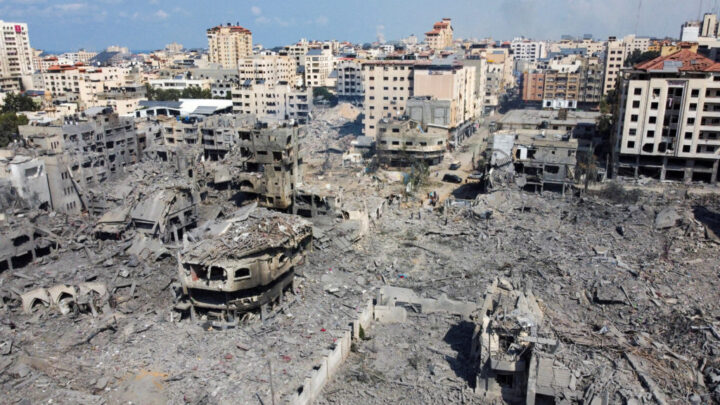The Nigerian National Petroleum Company (NNPC) Limited says Nigeria’s crude oil grades have become a steady preference for many European refiners.
Maryamu Idris, executive director, crude and condensate, NNPC Trading Limited, said this at a panel presentation at the Argus European crude conference in London, United Kingdom.
According to her, Nigerian crude flow to Europe increased after the ban on Russian crude caused a supply gap.
Idris also said the Nigerian crude benefitted from the absence of Russian urals and diesel.
Advertisement
She said six months before the war, 678,000 bpd of Nigerian crude grades went to Europe — compared to 710,000 bpd six months later and 730,000 bpd so far this year.
“This trend makes it evident that Nigerian grades are increasingly becoming a significant component in the post-war palette of European refiners,” Idris said.
“Several Nigerian distillate-rich grades have become a steady preference for many European refiners, given the absence of Russian Urals and diesel.
Advertisement
“Forcados Blend, Escravos Light, Bonga, and Egina appear to be the most popular, and our latest addition — Nembe Crude – fits well into this basket.”
However, Idris said Russian crude affected Nigeria’s crude export to India, as the European country offers a discounted price to the Asian nation.
This, she said, led to a dip in demand from the once-dependable Asian market.
According to Idris, in addition to the substantial price shocks impacting commodity and energy prices globally, the conflict triggered a situation where India – a primary destination for Nigerian grades — increased its appetite for discounted Russian barrels.
Advertisement
“To illustrate the extent of this shift, Nigeria’s crude exports to India dwindled from approximately 250,000 barrels per day (bpd) in the six months preceding the February 2022 invasion of Ukraine to 194,000 in the subsequent six months afterwards,” Idris said
“And so far, this year, only around 120,000 bpd of Nigerian crude volumes have made their way to India.”
‘NIGERIA FACED PRODUCTION CHALLENGES’
Idris said COVID-19 pandemic caused production challenges for Nigeria in the second half of 2022 and early 2023, with reduced investment and supply chain disruptions also contributing.
Advertisement
She said ageing oil fields and oil theft contributed to the decline in production during the period.
But Idris said the challenges were fast becoming a thing of the past with the implementation of a new framework for the domestic PIA 2021.
Advertisement
This, she said, will rejuvenate the business landscape and reposition NNPC for a more commercial approach.
Also, the director said NNPC has secured vital partnerships with notable financial institutions to promote upstream investments to restore and sustainably grow production capacity in the coming years.
Advertisement
“NNPC Limited is championing concerted efforts in partnership with host communities and private stakeholders to address the security and environmental challenges in the Niger Delta to further fortify production growth,” she said.
“We have already begun seeing significant progress on the rebound. In September 2023, Nigeria recorded its highest crude oil and condensate output in nearly two years, reaching 1.72 million barrels per day.”
Advertisement
Idris said this is the beginning of the country’s production rebound.
Add a comment






